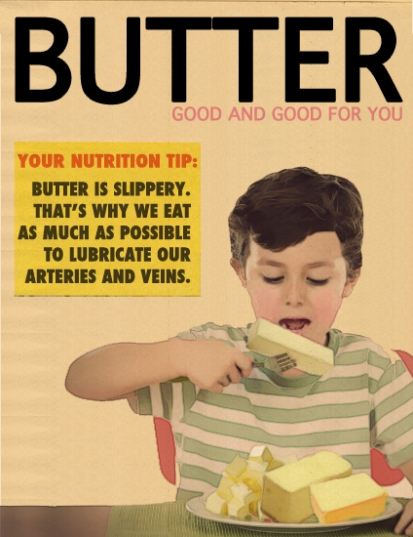After so many years since science became popularized, we see increasing cases where science turns out to be a pseudo-proposition. It has been a common phenomenon that sellers tend to make science claims to better approach their consumers. Meanwhile, consumers prefer to trust them because of the desire for a high-quality lifestyle. However, in the essay 106 Science Claims and a Truckful of Baloney, Weed gives his own daily experience as examples to illustrate that though there are fair ones, most of the so-called science claims in marketing could be not scientific at all, and that is pretty much his main claim in this essay.
106 Science Claims and a Truckful of Baloney was first published on the magazine Popular Science, which means the author’s intended audience are those who have strong interests in science, even enthusiastic about popular science. Weed arranges his essay in a special yet efficient way. He uses chronological order as well as logical order. For example, he writes down what he heard and saw since 6:00PM, then he gives a fine print of the “science claims” he just met up with, such as “Cheerios: Fair enough”, “Cows: Specious” and “Soy Shake: Misleading”. Then he continues his records and explanations. This special parallel structure enables the readers to really look into the truths while being careful of the feints. That is to say, next time when we hear somebody talking about this kind of milk that “derives from a dairy whose cows graze freely on lush natural pastures as nature intended”, we know that it’s a misleading selling strategy instead of a concrete fact.
Also, in all the fine print parts, Weed backed up his arguments with real scientific evidence. For example, when explaining the truth about “Alcohol is good for you”, he provides with “a landmark study that followed the drinking habits of nearly 90,000 male physicians”, which leads to a positive result. But soon after, Weed moves forward to point out that over-drinking is, on contrary, harmful to human health. This kind of critical way of explanation could inform the audience more effectively, which greatly increases the author’s credibility. I have to say Weed is pretty good at persuading, he is smart, calm, prepared, and he is humorous! I found myself totally enjoying his writing, even considering it entertaining.
Actually in my daily life, I am a rather careless consumer, and pay no attention about whether the claims of sellers are authentic or bogus. However, after reading and analyzing Weed’s essay, I started an investigation around my room to find those annoying tricks.
The first one was a claim written on the package of my pet hamster’s food, saying “Nutritionally Complete: fruits & vegetables”. I have to say this is absolutely puffed up, because I didn’t see any fruits or vegetables in there! Can’t believe I bought this for my hampster, that poor little boy. Well, he enjoyed it a lot, though.
Another truth was discovered on the can of AriZona Tea, which says “with all natural flavors”. To me, I think this is fair enough, because when people see “natural flavors”, we think about real juice. Even on the other side of the can there is a nutrition facts form, where I found that all the flavors added into this drink came from concentrate juices. What does that mean? This article tells that concentrate juices are not harmful yet more advance than juices. In this case, I don’t see the seller cheating us.
The last one that I could recall was a drug commercial, I heard it in the radio. It claims that take one pill and you’ll get so much healthy than your peers. Obviously it is just bogus. Like Weed puts, ‘No pill can make someone look 20 years younger”. I laughed at the moment when I heard the rediculous commercial, and even now I still can’t keep questioning, why would anyone sell their products in such a silly way?


